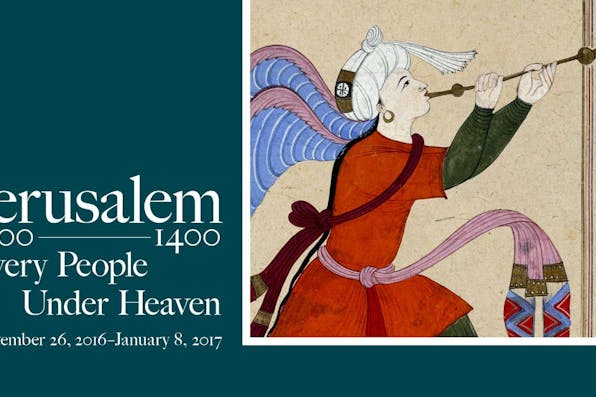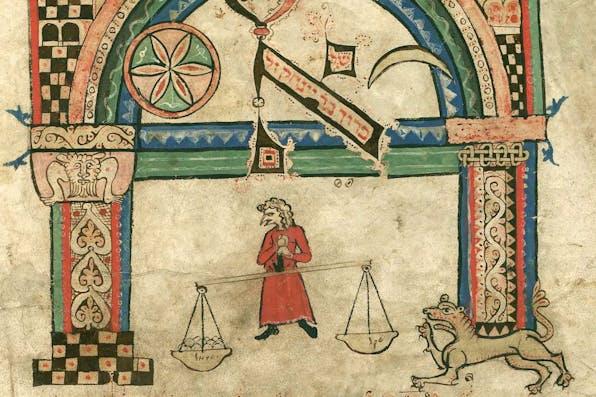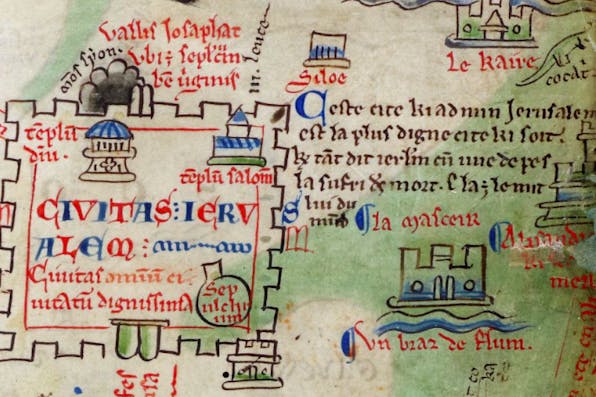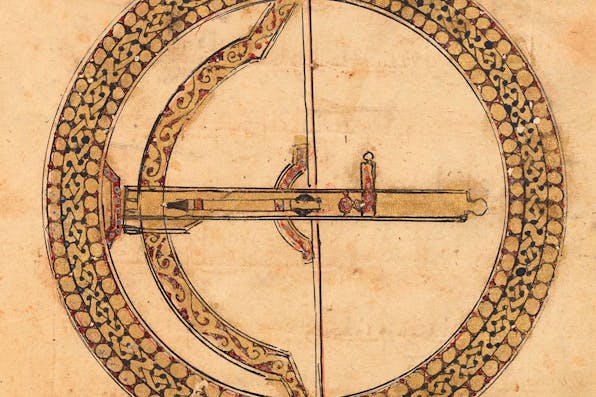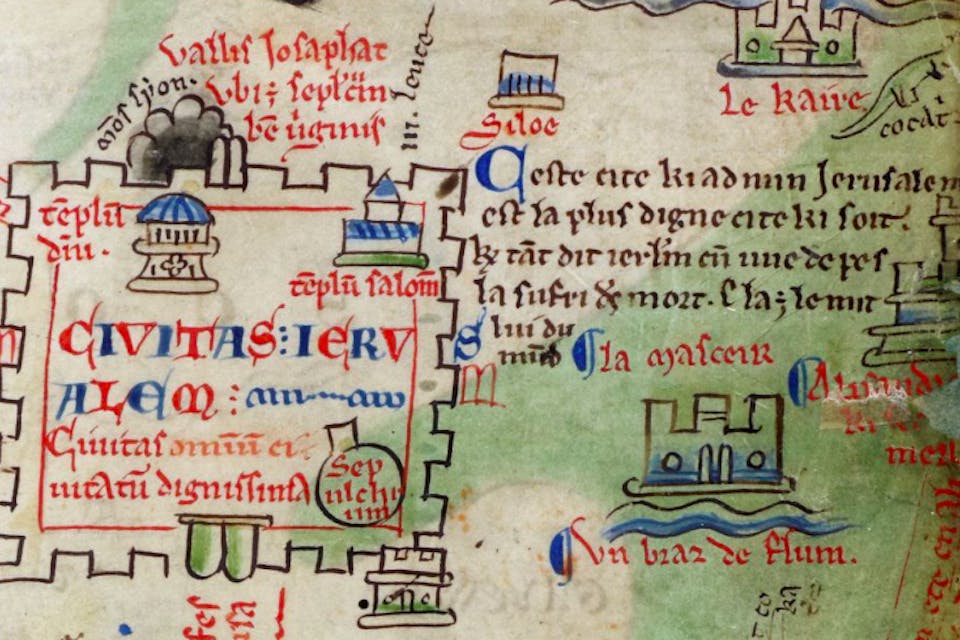
February 23, 2017
Rewriting History at the Met
The Metropolitan Museum's Jerusalem 1000-1400 masked centuries of struggle for power and survival in the Holy Land—and effaced both the presence and the subjugation of its Jews.
Edward Rothstein’s incisive discussion of the Metropolitan Museum of Art’s Jerusalem 1000-1400: Every People Under Heaven confirms my own impressions of the show, about which I wrote in a piece for the Federalist. Here I want to make even more emphatic Rothstein’s grasp of the issue at stake in an exhibition whose overall tendentiousness began at the starting gate.
An outsized projection of the Dome of the Rock commanded the exhibit’s entrance hall, eclipsing an ensemble of smaller images of other sites. Built at the end of the 7th century in the appropriated style of a Byzantine martyrium, the Dome, then as now, stood as an architectural symbol of Islamic ascendancy.
Starting from that point, and threaded throughout the exhibition and its accompanying catalogue, was further evidence of this assertion of privilege. The museum’s pageant of artifacts, undeniably beautiful, no doubt accounted for the rapturous and almost universal applause that greeted the exhibition. But the Met, after all, has been in show business since its former director Thomas Hoving made the mummies dance 40 years ago, and spectacles are its meat and potatoes. In this case, the aesthetic dimension was in the service of a tutorial.
